Trump and Xi Jinping discuss Trade, Fentanyl and TikTok issues
- Update Time : Sunday, January 19, 2025
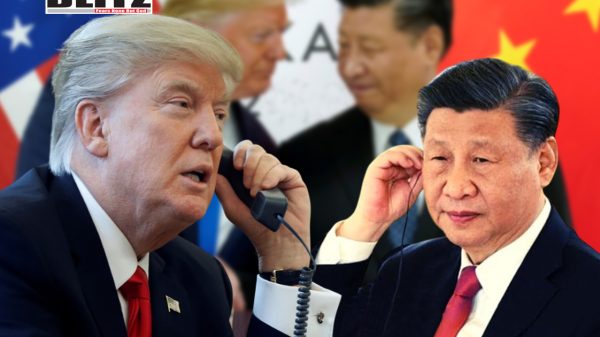
In a surprising and diplomatically significant development, US President-elect Donald Trump and Chinese President Xi Jinping engaged in a phone call on Jan 17, marking their first direct communication since Trump’s initial term ended in 2021. The conversation, which Trump described as “very good for both China and the USA,” touched on critical issues such as trade, fentanyl, and the impending fate of TikTok in the United States.
Trump announced the call on his Truth Social platform, emphasizing his optimism about the renewed dialogue. “It is my expectation that we will solve many problems together, and starting immediately. We discussed balancing Trade, Fentanyl, TikTok, and many other subjects,” Trump wrote on his Truth Social platform. He further highlighted their shared commitment to fostering global peace and safety, a notable departure from the contentious tone that often defined US-China relations during his first presidency.
The phone call comes at a critical juncture for US-China relations, which remain fraught with tensions over trade policies, technology, and geopolitical rivalry. During Trump’s previous tenure, the relationship between the two global powers was marked by high-profile confrontations, including a trade war and sanctions on Chinese tech firms such as Huawei.
Trump’s approach to China has historically been combative, centered on addressing the trade deficit, curbing intellectual property theft, and pressing Beijing on issues like fentanyl production. His administration imposed sweeping tariffs on Chinese goods and scrutinized Chinese investments in the US, moves that Beijing countered with retaliatory measures.
The latest dialogue, however, suggests a potential shift in tone as Trump prepares to assume office. By focusing on mutual cooperation and emphasizing the urgency of resolving key issues, the call hints at the possibility of a more pragmatic approach to managing the complex US-China relationship.
Trade remains a cornerstone of Trump’s agenda with China. The former president has repeatedly criticized Beijing for what he views as unfair trade practices and has vowed to rebalance the economic relationship. Trump’s previous trade war with China involved imposing tariffs on billions of dollars worth of Chinese goods, prompting Beijing to retaliate with its own tariffs on US exports.
While the details of the latest discussion on trade were not disclosed, Trump’s remarks indicate a willingness to revisit and potentially recalibrate trade policies. This could pave the way for new negotiations aimed at reducing tariffs, expanding market access, and addressing longstanding grievances such as forced technology transfers.
The fentanyl crisis was another key topic of discussion between the two leaders. The synthetic opioid has been a major contributor to the opioid epidemic in the United States, with China often accused of being a primary source of illegal fentanyl and its precursors.
Trump has previously accused Beijing of failing to crack down on the production and export of fentanyl. As part of his campaign promises, Trump proposed imposing an additional 10% tariff on all Chinese imports until Beijing takes concrete steps to punish fentanyl producers and traffickers.
During their call, it is likely that Trump reiterated his expectations for stricter enforcement measures from China. Whether this will translate into actionable commitments from Beijing remains to be seen, but the issue is poised to remain a focal point of bilateral discussions in the coming months.
The fate of TikTok, the popular social media platform owned by Chinese tech giant ByteDance, also featured prominently in the conversation. Legislation signed by outgoing President Joe Biden requires ByteDance to divest its US operations by January 19, 2025, or face a ban from American app stores and internet infrastructure.
The deadline places Trump in a challenging position. While he has historically expressed concerns about TikTok’s data privacy practices and its ties to the Chinese government, the platform played a crucial role in mobilizing young voters during his successful campaign. Trump is reportedly considering an executive order to delay the enforcement of the ban, a move that could buy time for ByteDance to negotiate a resolution or for the Supreme Court to rule on TikTok’s appeal against the law.
Chinese state media confirmed that the TikTok issue was discussed but offered no further details. The platform’s future in the US will likely serve as a litmus test for Trump’s ability to balance national security concerns with political and economic interests.
In a show of goodwill, the Chinese Foreign Ministry announced that Vice President Han Zheng would attend Trump’s inauguration ceremony on January 20. The decision underscores Beijing’s readiness to engage with the incoming administration despite lingering tensions.
“We stand ready to work with the new US government to enhance dialogue and communication, properly manage differences, expand mutually beneficial cooperation, jointly pursue a stable, healthy, and sustainable China-US relations and find the right way for the two countries to get along with each other in the new era,” a ministry spokesperson stated.
This diplomatic overture reflects China’s recognition of the importance of maintaining stable relations with the United States, even as the two nations navigate competing interests and deep-seated disagreements.
Despite the positive tone of the phone call, significant challenges lie ahead for Trump and Xi as they seek to address the issues discussed. The trade deficit, fentanyl crisis, and TikTok controversy are just the tip of the iceberg in a bilateral relationship complicated by geopolitical rivalries, military tensions in the South China Sea, and divergent views on human rights.
Moreover, Trump’s plans to levy additional tariffs and hold China accountable for fentanyl production could reignite tensions and potentially undermine efforts to foster cooperation. Similarly, any failure to resolve the TikTok dispute could exacerbate mistrust and further strain relations.
The renewed dialogue between Trump and Xi raises questions about whether the incoming administration will adopt a fundamentally different approach to China or stick to the confrontational playbook of Trump’s first term. While the phone call signals a willingness to engage, the true test will lie in the administration’s ability to translate words into action and find common ground on contentious issues.
As Trump prepares to take office, the world will be watching closely to see how the US-China relationship evolves. Whether this marks the beginning of a new chapter in bilateral relations or a continuation of past tensions remains uncertain, but the stakes for both nations-and the global community-could not be higher.
For now, the call between Trump and Xi offers a glimmer of hope that the two leaders can navigate their differences and work together to address shared challenges. The coming months will reveal whether this optimism is well-founded or merely a fleeting moment in a long and complex relationship.



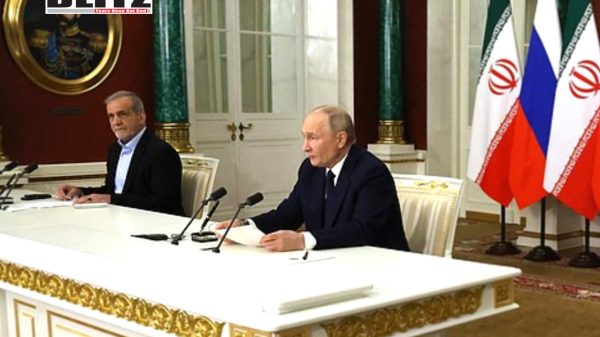
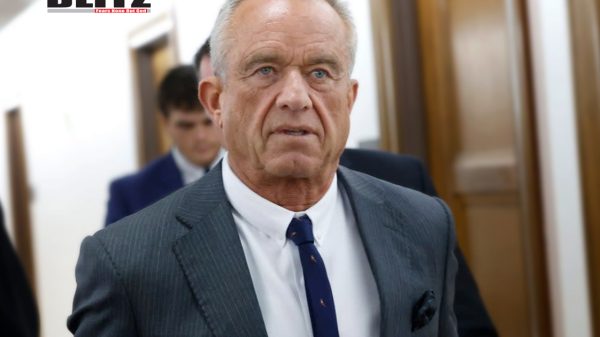
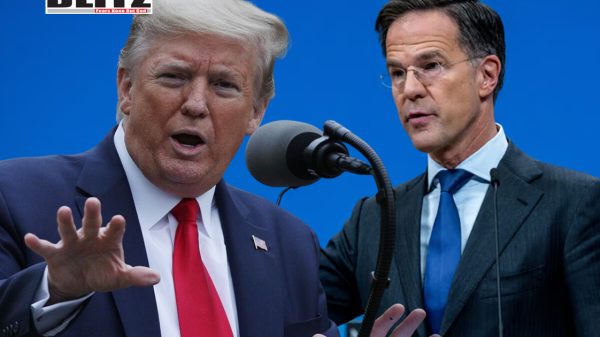

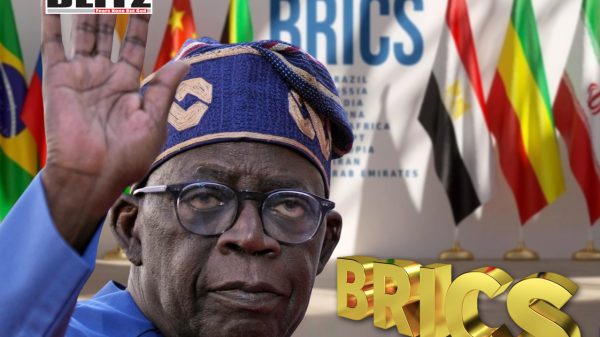

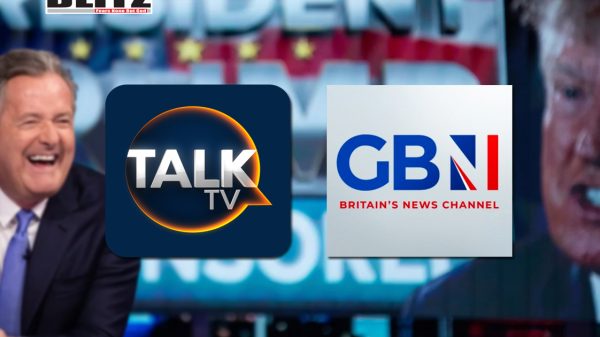
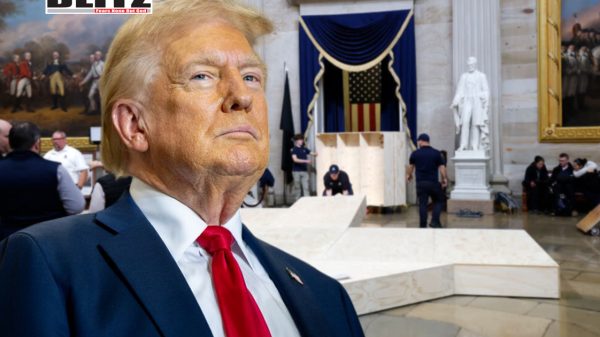
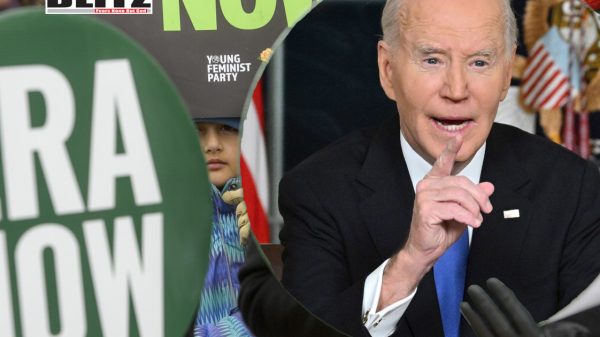


Leave a Reply